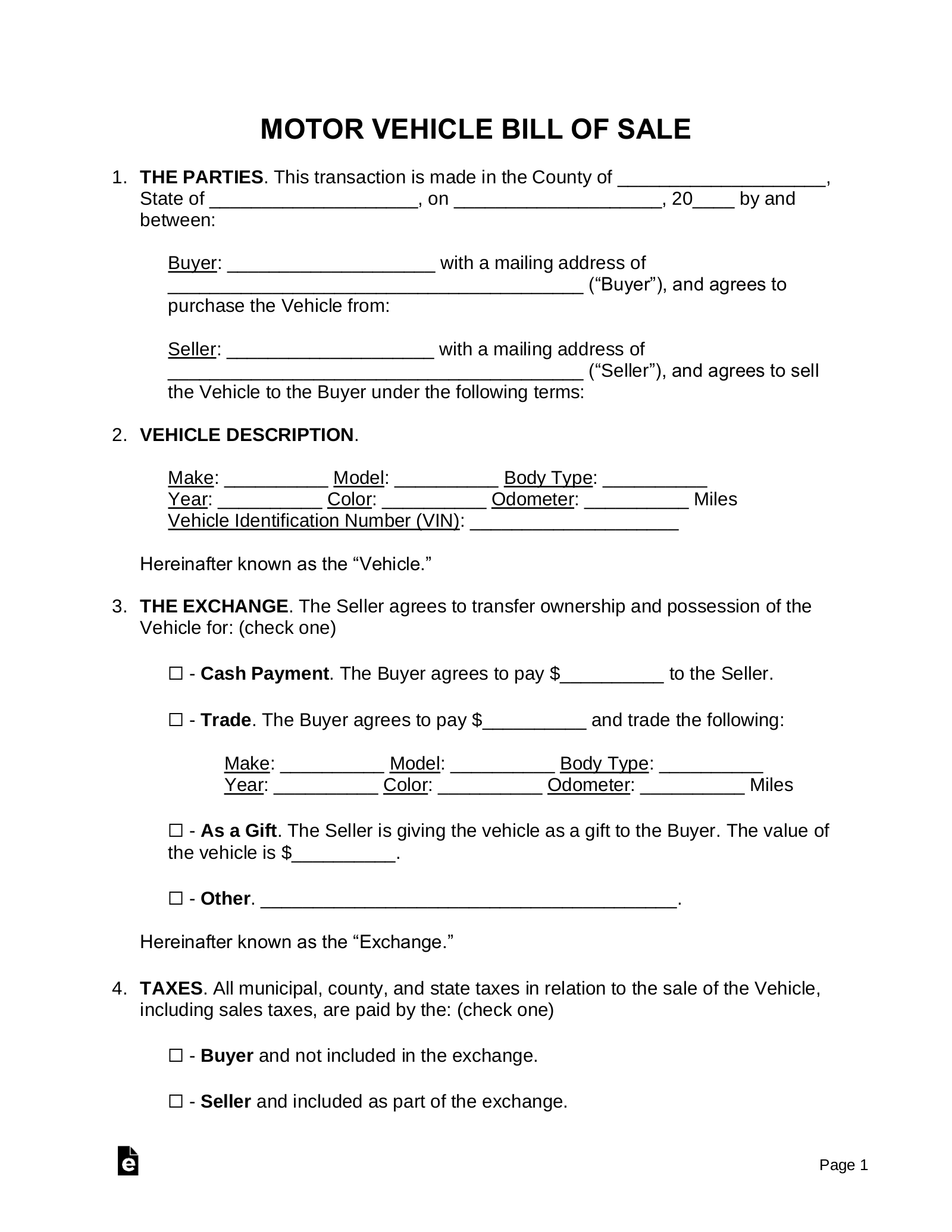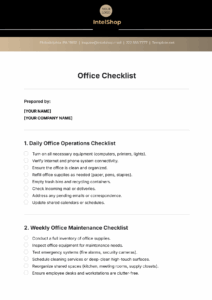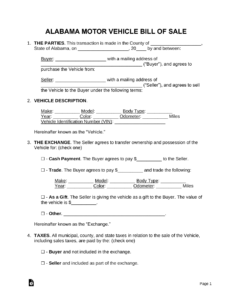Buying or selling a vehicle can be an exciting time, but it also comes with a fair share of paperwork and legal necessities. Among the most crucial documents you’ll need is a bill of sale. This simple yet powerful piece of paper acts as a legal record of the transaction, providing essential protection for both the buyer and the seller. It’s far more than just a receipt; it’s a detailed account of ownership transfer, laying out the terms and conditions of the sale in black and white.
Navigating the intricacies of vehicle sales can sometimes feel overwhelming, especially when you want to ensure everything is done correctly and legally. That’s why having a reliable bill of sale for a vehicle template at your fingertips is incredibly valuable. It streamlines the process, ensuring you don’t miss any critical information and that the transaction is properly documented, which can save you a lot of hassle down the road.
Why a Bill of Sale is Absolutely Essential When Buying or Selling a Vehicle
A vehicle bill of sale isn’t just a suggestion; it’s a vital legal document that protects everyone involved in the transaction. Think of it as your official proof that ownership of a vehicle has changed hands. Without it, you could face numerous complications, from ownership disputes to issues with vehicle registration and even liability for past incidents. For the seller, it proves you no longer own the car, absolving you of future responsibility for parking tickets, accidents, or other legal issues related to the vehicle. For the buyer, it establishes your legal ownership, which is paramount for registering the vehicle, obtaining a title, and insuring it.

Beyond proving ownership, a comprehensive bill of sale details the exact terms of the sale, including the agreed-upon price, the condition of the vehicle at the time of sale, and any warranties or lack thereof. This level of detail helps prevent misunderstandings or disputes later on. Imagine a scenario where a buyer claims a certain feature was promised but wasn’t delivered; a well-filled-out bill of sale can clarify the agreed-upon state of the vehicle. It’s truly your first line of defense should any issues arise after the keys have been handed over.
Many states require a bill of sale for vehicle registration, even if they don’t explicitly demand it for the sale itself. This is because it provides necessary details like the purchase price, which might be used to calculate sales tax, and the odometer reading, which is crucial for preventing odometer fraud. Relying on a verbal agreement, no matter how trustworthy the parties involved seem, is a risky move that can lead to significant headaches and financial losses down the line.
Having a standardized bill of sale for a vehicle template ensures that all necessary information is included, making the process smooth and compliant with most legal requirements. It acts as a clear, undeniable record of what transpired, serving as a reference for both parties and any third parties, such as the DMV or insurance companies, that might need to review the transaction details.
Key Elements of a Vehicle Bill of Sale
- Buyer and Seller Information: Full legal names, addresses, and contact details for both parties.
- Vehicle Information: Make, model, year, Vehicle Identification Number (VIN), odometer reading, and license plate number.
- Purchase Price: The exact amount the vehicle was sold for, both in numerical and written form.
- Date of Sale: The precise date the transaction occurred.
- Signatures: Legal signatures of both the buyer and the seller, sometimes witnessed or notarized.
- “As-Is” Clause: Clearly stating whether the vehicle is sold “as-is” without any warranties, which is common in private sales.
How to Use a Vehicle Bill of Sale Template Effectively
Utilizing a bill of sale for a vehicle template is straightforward, but doing it correctly is key to maximizing its benefits. First and foremost, you’ll want to download a reputable template that is ideally customizable and easy to understand. Once you have your template, meticulously fill in all the required fields. This includes all the pertinent details about both the buyer and the seller, the vehicle itself, and the financial terms of the sale. Accuracy is paramount here; double-check all names, addresses, VINs, and the final sale price to avoid any discrepancies.
It’s also highly recommended to complete the bill of sale in duplicate. Both the buyer and the seller should receive an original, signed copy. This ensures that each party has their own legal record of the transaction, which can be invaluable for their personal records, tax purposes, or in the unlikely event of a dispute. Consider making additional copies if other parties, such as a lien holder or a trusted advisor, need to review it. Transparency and clear documentation benefit everyone involved.
Consider the role of notarization. While not always legally required in every state for a bill of sale, having the document notarized adds an extra layer of legal validity and authenticity. A notary public verifies the identities of the signers and witnesses their signatures, which can prevent claims of forgery or coercion later on. It’s an inexpensive step that offers significant peace of mind, especially for higher-value transactions or if there’s any uncertainty between the parties. Check your specific state’s requirements regarding notarization for vehicle sales, as some states do mandate it.
Finally, always remember to verify any specific state or local requirements related to vehicle sales and the use of a bill of sale. Some jurisdictions may have unique clauses or information that needs to be included beyond what a generic template provides. A quick search on your state’s Department of Motor Vehicles (DMV) or equivalent agency website will typically provide all the necessary information. Taking these proactive steps ensures that your bill of sale is not only complete but also fully compliant with all applicable laws, making your vehicle sale or purchase as smooth and secure as possible.
When the vehicle sale is complete and the bill of sale is signed by all parties, ensure both the buyer and seller retain their copies. This document becomes a critical part of your records, useful for future reference, tax filing, or any questions that might arise regarding the transaction. It solidifies the agreement, bringing a clear and formal close to the vehicle’s journey from one owner to the next.



